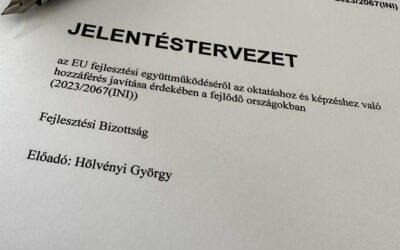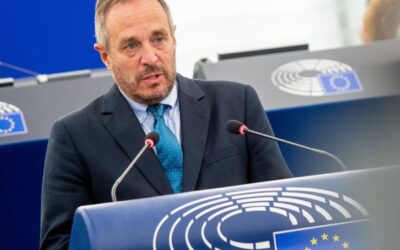“Our actions in the context of EU-Africa relations should be determined by the aim of establishing security and to addressing the root causes of migration. The EU needs to recognise that we can only make progress where our African partners are open to change”, said MEP György Hölvényi, Coordinator for EPP Group Coordinator in the Committee on Development, at the plenary session of the EP on EU-Africa relations. Josep Borrell, the EU High Representative for Foreign Affairs, also attended the session.
In his speech, the Christian Democrat MEP underlined that ” Since the launch of the Africa Strategy 2020 in March 2020, the pandemic has confronted us and our African partners with our global interdependence. While COVID-19 has redefined the needs of the moment but the fundamental challenges our partner countries are facing, remained the same: growing instability, inequalities in education, difficulties of investments and trade, lack of jobs, challenges of agricultural productivity and impact of climate change and weak governance systems are all challenges that need to be addressed.”
He added: “These are the factors that are increasing the migration of young people from Africa.” The politician stressed that “Africa’s leaders do not and cannot expect the EU to try to end the growing poverty with aid. Our partners are asking the EU to support the continent to be able to tackle its own challenges.”
MEP György Hölvényi stressed that “The EU must assist our partner countries through the support for good governance to be able to take full responsibility.”



